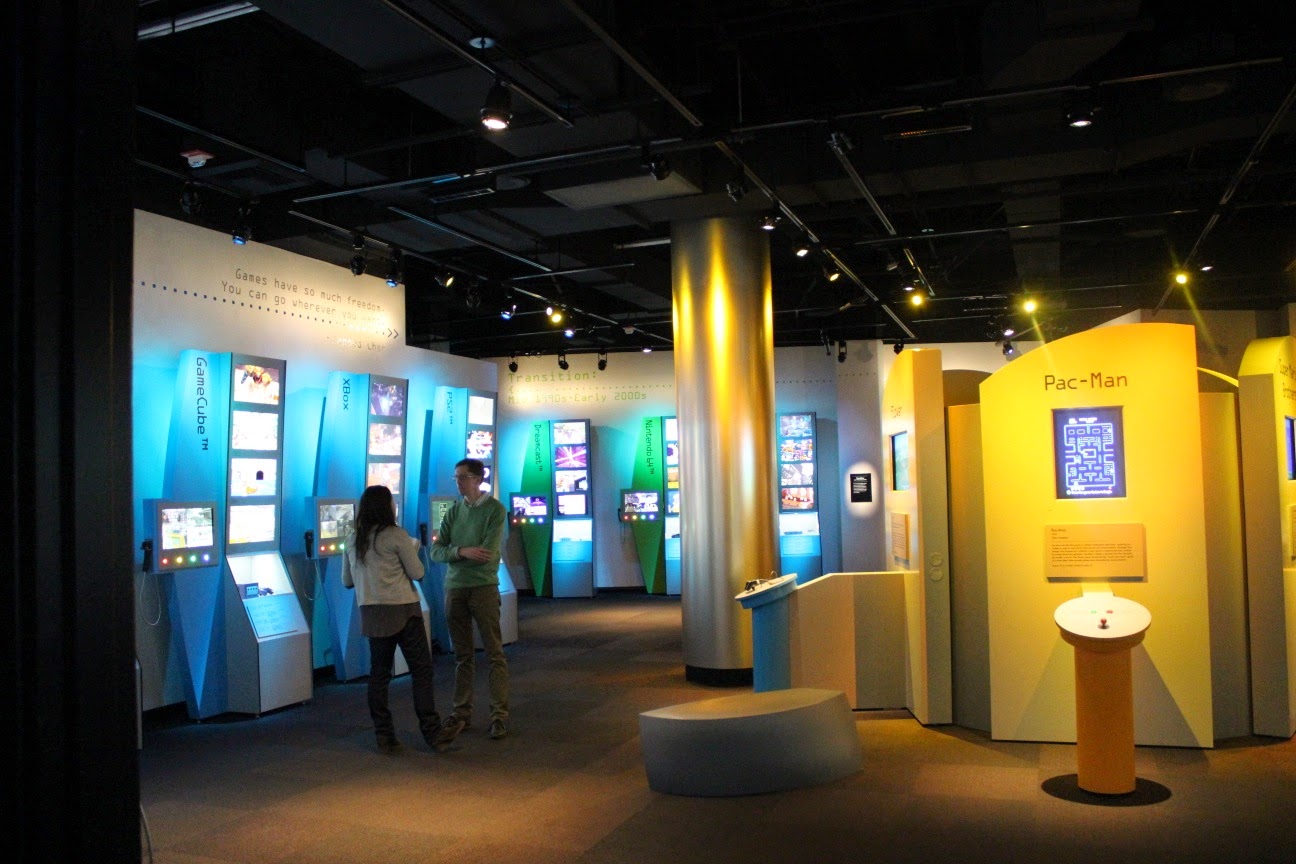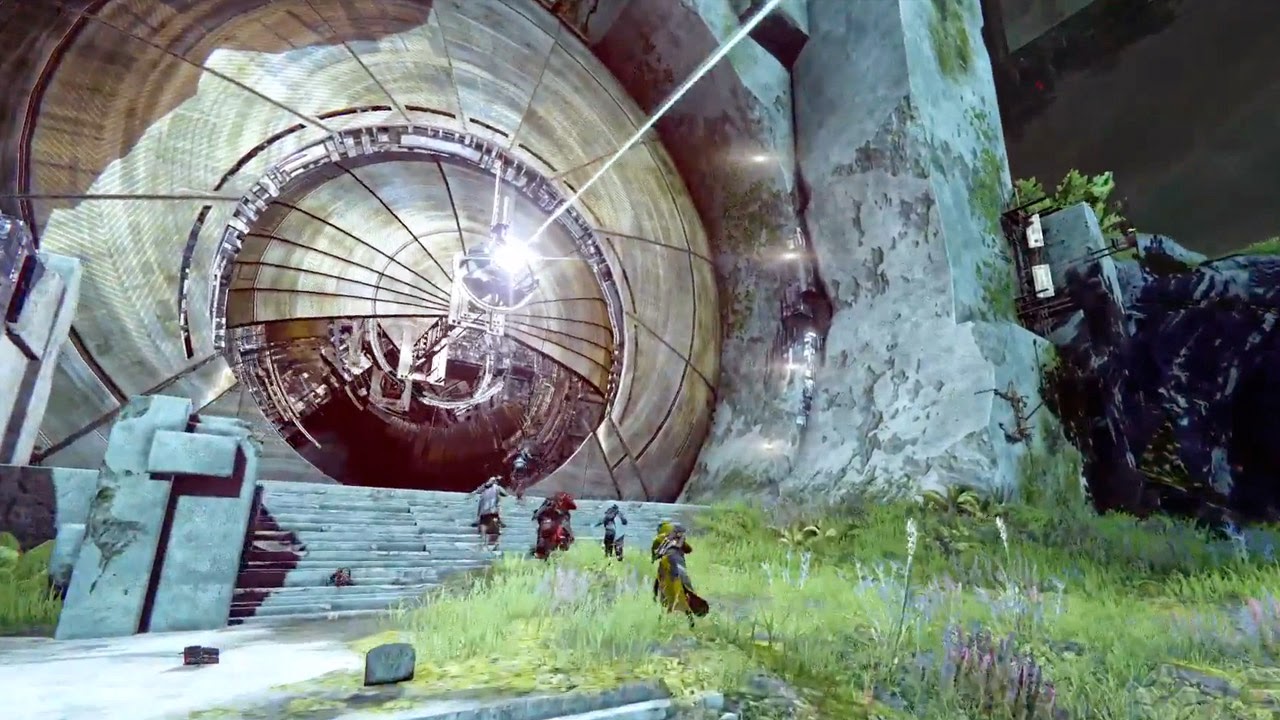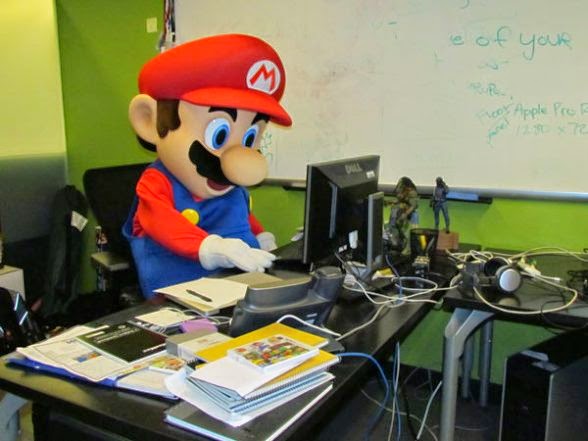This week airing on
most of our PBS stations is an episode featuring Pete Parsons, the Chief Operating Officer for the video game maker Bungie. Our conversation is about their
latest game, Destiny, published by
Activision, which already has 9.5 million unique online players daily.

Our discussion
focuses on the philosophical and sociological underpinnings of the game and how
it resembles many of the same issues we face in life.
Plus, if we peer
deeper into the world of video games we see how this field is becoming the
newest art form of our time. Moreover, if we dial the microscope up a notch we
can also see how it can aid in one of the most important issues our society
faces - the improvement of our educational system. In addition to this, we
just might shatter the misconceived myths about the culture of gaming.

First, I must
confess that I am not a "Gamer." However, my sons, daughter-in-law and almost
all their friends are into some form of video gaming and have since they first held a controller in their tiny hands.
My youngest son, who is
a film maker and works with me on my show and this blog, was the first to suggest I explore
the world of video games, especially in regards to their story telling and
cinematic art form, which is reaching new levels of sophistication and excellence.
My oldest son, who
has an M.A. in Education and is the Coordinator of Curriculum and Technology
for a public school system, is also very involved in developing the use of "Gamification" in education. Gamification is the process of using game
mechanics and game thinking in non-gaming contexts to engage users and to solve
problems.

Now, just to
reassure you, although my sons and their friends are avid gamers, they are also
avid readers and enjoy many forms of expression from dance to music to film and
almost all genres within each medium.
In fact, even the
Smithsonian is getting into the act. A recent exhibit titled: The Art of Video Games, explored the
evolution of video games as an artistic medium especially in the relationship
between the technology, art and the narrative form of storytelling.

In Destiny, the game featured on the show this week,
our discussion's focus is not only on the art and story, but on the importance
of collaboration. In fact, without real time teamwork amongst players it is impossible to reach the highest levels of the game.

So if you think that
video games are a major cause of violence or a passive couch potato vice, it is time to reevaluate and realize that this form of
entertainment might soon become one of our highest forms of art and education.
I have personally
witnessed the advantage that my own children have experienced (both of them are well adjusted, sociable, and good men - despite my obvious bias).
The
more I feature video games on the show - the first time was my conversation with Neil Druckmann and his creation The Last of Us - the more I too see how they are an amazing art form and potential
tool for expanding our minds.

Yes, too much of
anything, and I MEAN anything, is not a panacea for anything. But, it is time
to vanquish the fears of this technological art and embrace the benefits.
Educator, game
theorist and designer James Portnow credits video games with creating a sense
of agency: that choices really matter in life, and that failure after failure
is often the path to real learning, achievement and an overall life experience
of success.

And, as my guest
this week so eloquently states:
It's that unpredictable human element that creates the most important
moments.
-Pete Parsons-
So fear not humans.
The machines are not taking over. We are learning how to better use them for
our own education, artistic expression and entertainment.
Enjoy the show and
the game of life,
Barry